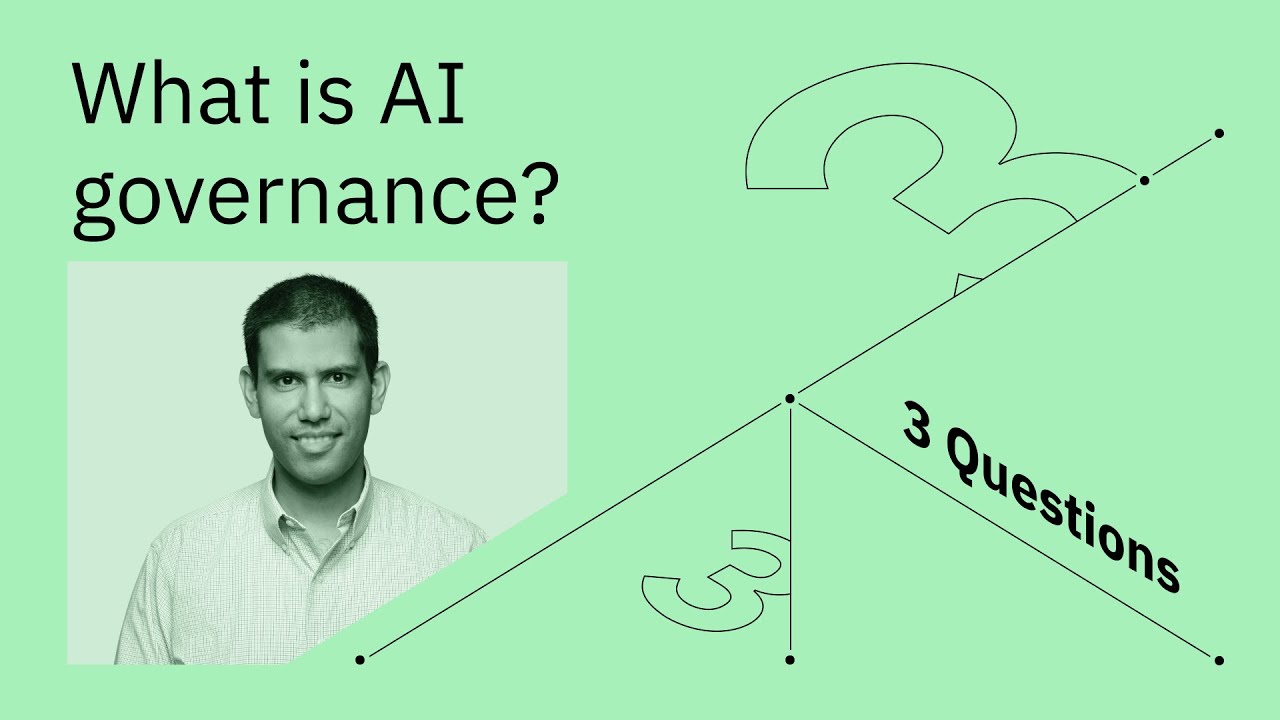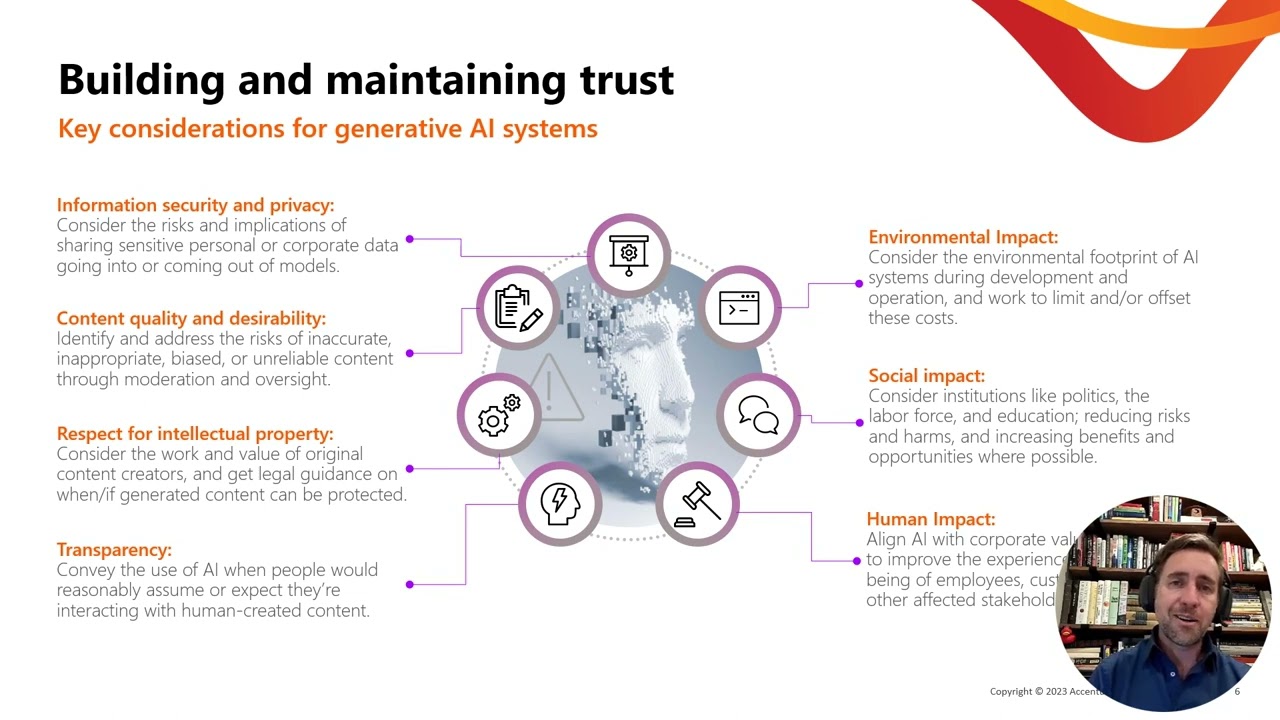Why should you watch this video?
Discover how the Center for AI and Digital Policy (CAIDP), through its influential initiatives like the Artificial Intelligence and Democratic Index, is making significant strides in shaping global AI policy and governance.
Key Points:
- CAIDP, led by Marc Rotenberg and Merve Hickok, focuses on AI policy and governance, advocating for democratic values and ethical standards in AI development and deployment.
- The FTC’s investigation into OpenAI’s business and data practices was significantly influenced by CAIDP’s advocacy, highlighting the organization’s role in regulating AI for consumer protection.
- CAIDP publishes an annual AI and Democratic Values Index, rating over 75 countries based on their adherence to AI principles and the implementation of policies that uphold democratic values and human rights.
- The organization actively participates in international policy discussions, providing expertise to bodies like the OECD, UNESCO, and the European Union on AI governance frameworks.
Broader Context
As AI technologies rapidly evolve, their impact on society, ethics, and international affairs becomes increasingly complex. CAIDP’s efforts in policy advocacy, research, and advisory roles are critical in ensuring that AI development aligns with democratic principles, promoting transparency, fairness, and accountability. By influencing major AI policy initiatives and engaging in global dialogues, CAIDP plays a pivotal role in guiding the responsible governance of AI technologies worldwide.
Q&A
-
What led to the FTC’s investigation into OpenAI?
- CAIDP’s advocacy, including a detailed complaint filed with the FTC regarding OpenAI’s data practices and model development, played a crucial role in prompting the investigation.
- CAIDP’s advocacy, including a detailed complaint filed with the FTC regarding OpenAI’s data practices and model development, played a crucial role in prompting the investigation.
-
What is the Artificial Intelligence and Democratic Values Index?
- An annual publication by CAIDP that rates countries on their AI policies and practices, assessing their commitment to democratic values, transparency, and human rights in AI governance.
- An annual publication by CAIDP that rates countries on their AI policies and practices, assessing their commitment to democratic values, transparency, and human rights in AI governance.
-
How does CAIDP influence international AI policy?
- Through research, education, and direct advisory roles, CAIDP engages with international bodies like the OECD and UNESCO, contributing to the development of global AI governance frameworks.
- Through research, education, and direct advisory roles, CAIDP engages with international bodies like the OECD and UNESCO, contributing to the development of global AI governance frameworks.
-
What challenges does generative AI pose, according to CAIDP?
- Issues include opaqueness in AI practices, biases in AI systems, privacy concerns, accuracy of AI-generated content, cybersecurity threats, consumer protection issues, and the impact on democracy and trust in institutions.
- Issues include opaqueness in AI practices, biases in AI systems, privacy concerns, accuracy of AI-generated content, cybersecurity threats, consumer protection issues, and the impact on democracy and trust in institutions.
Deep Dive
This segment would explore CAIDP’s approach to tackling generative AI’s challenges, examining their recommendations for ensuring AI’s ethical use and their advocacy for a more transparent and inclusive policy-making process. It would also delve into the implications of AI governance on international relations and the global economy.
Future Scenarios and Predictions
Speculate on the evolution of AI governance, highlighting potential future developments in international policy frameworks and the role of organizations like CAIDP in shaping these outcomes. Predictions may include increased global cooperation on AI standards, the emergence of new regulatory bodies, and shifts in the balance of power influenced by AI capabilities.
Inspiration Sparks
Encourage viewers to think critically about the role of AI in society and consider engaging in discussions or advocacy around AI ethics and governance. Prompt ideas for contributing to a future where AI development is aligned with democratic values and human rights, fostering innovation that benefits all of humanity.





